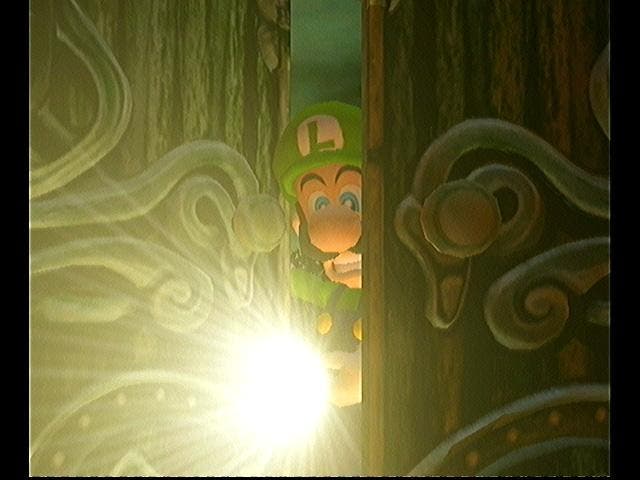Iwata on Spaceworld, Zelda, online gaming
Back from his travels
Nintendo's Satoru Iwata, who conducted the European unveiling of Pokemon Mini, the Card-E Reader and Kirby's Tilt 'N' Tumble for Game Cube on Saturday afternoon has spoken to Japanese website Dengeki about the response to Spaceworld, Zelda, the Game Cube hardware and how Nintendo plans to deal with online gaming. The response to Spaceworld was difficult to gauge, because nobody really knew what to expect in the first place. Iwata believes that "many people came to the event wondering what we were going to announce." The obvious possibilities being another delay, an online gaming announcement or similar. "I think once they got a chance to experience the software at Spaceworld they had no more doubts." One topic Iwata will never be able to rid himself of is the question of whether the Cube is launching with too few titles. Two games on launch day and another a day later pales in comparison to the enormous run of titles that arrived with the PlayStation 2. The justification is still that very few people would realistically buy more than one or two anyway. "We could release more, but I don't think it's too few," Iwata told the interviewer. "It's important that each game has a chance to reach its sales potential." A lot of good games launched with PlayStation 2, but games that might have sold well if they were released in their own time suffered as a result. "Look at hardware launches recently, it looks great when you have plenty of software available, but players grow tired of those games quickly. We're not going to try and use the number of titles in our software library as a marketing weapon." Next the discussion moved on to Zelda and Shigeru Miyamoto's announcement. Dengeki described the reaction to Zelda as "intense." Iwata agreed. "It was clearly divided between the good and bad. That was expected though, because it was so different from anything we've shown before. Even within Nintendo, some people were confused and speechless when they first saw it. It's always like that when you introduce something unexpected." In explanation of the graphical changes, Iwata reports that Miyamoto has grown disillusioned with the "endless pursuit of realism". He believes that it has caused many games to lose their "sense of individuality". There is a compelling argument for what he's saying. With each step the series takes towards realism, we lose part of the fantasy that made the game so popular in the first place. Personally, I've never held Ocarina of Time or Majora's Mask in the same class as Zelda III on the Super Nintendo and Zelda IV on the Game Boy. They are very different styles of game, and Miyamoto's latest is clearly inspired by the latter two rather than the former. "He's taking things in a new direction, and I think that's befitting of 'Zelda'," Iwata said. With the subject of Zelda out of the way, Dengeki tried a lighter note, quizzing him about the Game Cube's handle. Simply put, "We wanted a machine that players could move easily for the best experience, albeit a study room, a bedroom, whatever is most convenient for them." It's a shame about the huge trail of cables - perhaps with the next console some sort of low-cost base station will be produced to make the movement between areas even more convenient. The wireless gamepad is clearly a move in this direction. Finally the pair discussed online gaming. "That seems to be a hot topic of discussion these days," Iwata observed, but instead of talking about cable Internet, ADSL and other fledgling technologies he went back to basics, once again reminding us that the console is a technology for all ages, and how much Nintendo values the younger gamer. "For the average players there are several barriers. For example, narrowband players would need to have a telephone line in the vicinity, and since they don't have credit cards they'd need their parents to subscribe to a network and pay monthly fees. We believe a game that might sell 1 Million copies normally would likely sell less than 200,000 copies if it was network based." Iwata does believe that some of Nintendo's games have benefited from the advances in online gaming though, singling out new forms of communication between players as a plus. "In the past we've adapted similar elements offline into games like Smash Brothers. We've devoted an entire research team to devising a network strategy and cope with these issues." Which, to put it bluntly, is the console giant's version of 'when it's done'. Related Feature - The Nintendo Show


